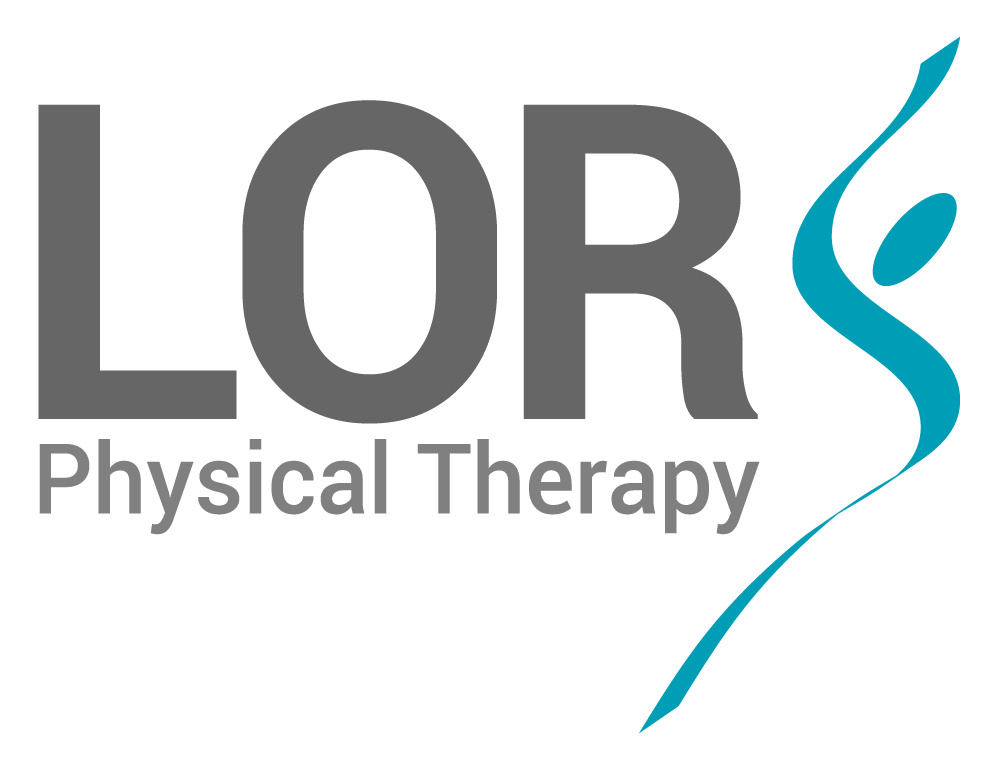3 Hidden Reasons Your Knee Hurts
Does your knee hurt?
If so, do you know why?
Was it an unfortunate accident, or did it just happen innocuously?
Interesting a large proportion of knee pain just seems to happen. Some wake up with it and others are fine until they aren’t.
Despite being one of the most common musculoskeletal complaints to plague modern humans, it can be hard to understand its cause.
Because of this, it’s easy to lean on traditional cliches of musculoskeletal aches and pains. We’re talking age, bad luck, moving the wrong way, sleeping funny and overuse.
These ideas do make sense on some level, however, a slight shift in perspective highlights how inadequate they can be.
And this is a vitally important point to consider. To understand the true cause your knee pain is to understand the foundations of how to improve and/or fix it.
So without further ado, here are three genuine mechanical factors that can set your knee up to become sore - beyond industry and social cliches.
Your Ankles Are Stiff
This gets missed a lot. Thanks to heeled shoes and flip flops our ankles can easily lose their inherent mobility. Considering the knee is literally stuck between the ankle and hip joints, any loss of function down below will have continuous ramifications to the knee.
Knee conditions linked with stiff ankles:
Anterior Cruciate Ligament injuries (ACL Injury)
Meniscal Tears
Bakers Cysts
Patellofemoral Joint Dysfunction (PFJ Dysfunction)
Iliotibial Band Syndrome (ITB Syndrome)
Knee Arthritis
The risk of these among others will increase thanks to a covertly stiff ankle.
Your Hips Are Stiff
This may be no surprise considering the potential ramifications of a stiff ankle. Extra hip tightness can have the same impact, from above.
The modern world forces us to sit more than we ideally should. As a result, it's easy to become stiff at the front of the hip and through our deep hip rotators. This can set us up for all the standard knee issues as well as the following:
Patella Tendinopathy (Patella Tendonitis)
Osgood Schlatter Disease (Kids)
Quadriceps Tendon Dysfunction
Fat Pad Impingement
Again, there’s a broader reach than the issues listed above, but the point remains. Take away some of the slack the hip feeds the knee and it’s no surprise if something eventually becomes grumpy.
Your Back Is Stiff
A stiff back can have similar mechanical ramifications to the ankle and hips. Low back dysfunction can weaken your hips and create additional tightness through your hips, Quadriceps, and Hamstrings - areas directly responsible for the normal knee function.
Our thirst for sitting can again set those knees up to fail. All because of accrued dysfunction above the knee.
So if you are struggling with a knee complaint, or hoping to avoid one make sure to look beyond the knee. By all means, look to manage any specific areas of pain or local dysfunction, but look after the rest of your lower half as well.
Remember, pain (or a lack thereof) is not a reliable indicator of how you're going.
If you’ve become sore, don’t think of it as the start of something new. Instead, look at is as the last straw. An irritation or overload of covert dysfunction that has buffered your lifestyle until now.
With this in mind, you may better understand why your knee hurts and what you may need to do to reclaim normal function again.
If this resonates with you, why not come in and let our Physical Therapy team check you out!
Give us a call on (949) 443-5442 and let us help you get to where you want to be.
Good luck!
